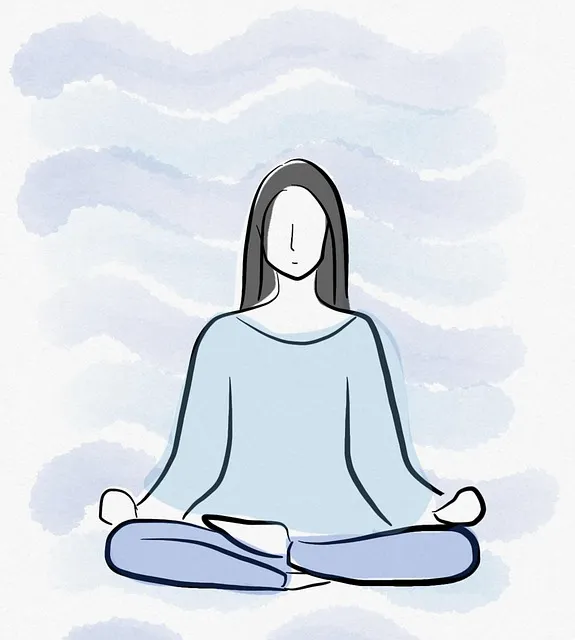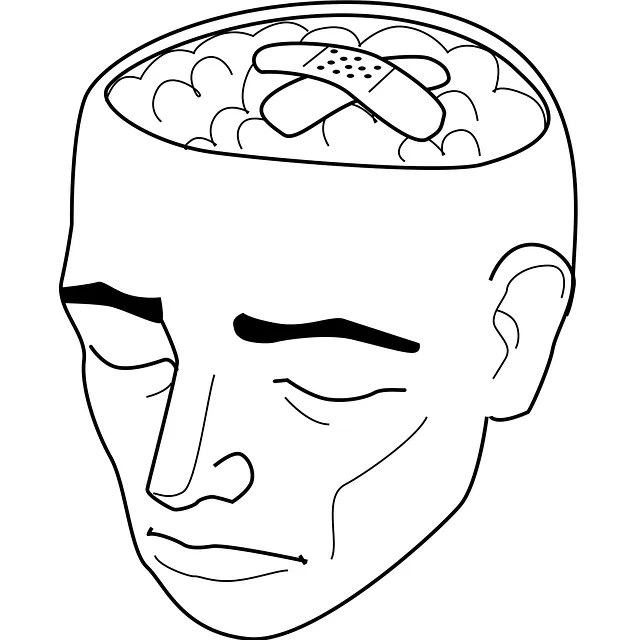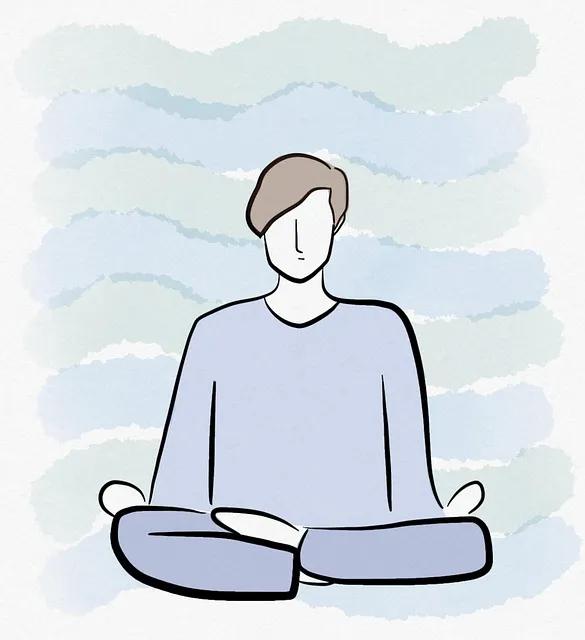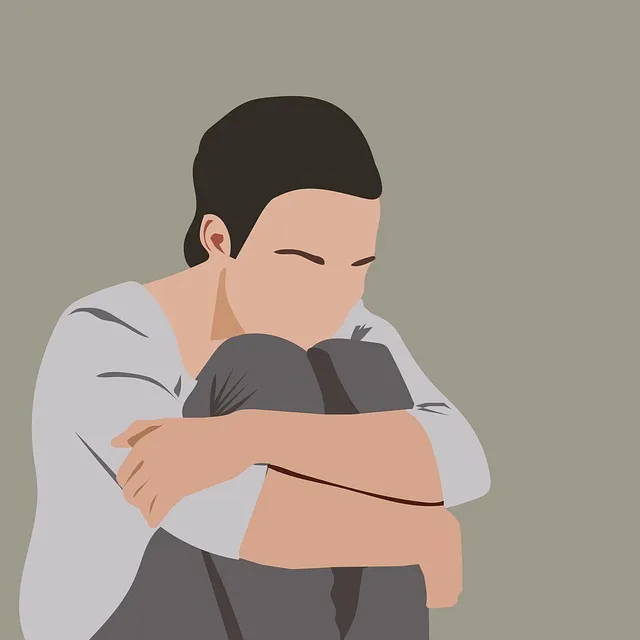Kaiser Permanente mental health locations in Aurora utilize group therapy as a powerful tool for community building and enhancing mental wellness. Facilitators create safe, supportive environments through active listening, recognizing power dynamics and cultural differences, and employing strategies from risk assessments, burnout prevention, and confidence-boosting exercises. Engaging activities focus on stress management, mindfulness, and emotional expression, fostering trust, respect, and open dialogue while empowering members to support and learn from each other. These approaches strengthen group cohesion and promote collaborative mental health management within a supportive community.
Mental wellness group facilitation plays a pivotal role in supporting individuals at Kaiser Permanente mental health locations in Aurora. Understanding group dynamics is essential for creating a safe, supportive environment where members feel comfortable sharing and growing. This article explores strategies to facilitate engaging mental wellness groups, focusing on techniques that encourage active participation and promote positive outcomes for all participants at these crucial healthcare facilities.
- Understanding Group Dynamics for Effective Facilitation at Kaiser Permanente Mental Health Locations Aurora
- Strategies to Create a Safe and Supportive Environment in Group Settings
- Engaging Techniques to Promote Active Participation and Growth within Mental Wellness Groups
Understanding Group Dynamics for Effective Facilitation at Kaiser Permanente Mental Health Locations Aurora

At Kaiser Permanente mental health locations Aurora, understanding group dynamics is key to effective facilitation. Group therapy offers a unique environment where individuals with shared experiences can support and learn from each other, fostering a sense of community and belonging. Facilitators play a crucial role in guiding these interactions, ensuring every member feels heard and valued. By leveraging techniques like active listening, facilitators create a safe space that encourages open communication, which is essential for mental wellness.
Moreover, recognizing the intricate web of relationships within a group is vital. Facilitators must be attuned to power dynamics, cultural differences, and individual personalities to navigate potential conflicts or silences effectively. Incorporating strategies from risk assessments for mental health professionals, burnout prevention techniques for healthcare providers, and confidence-boosting exercises can enhance the overall therapeutic experience. These approaches not only strengthen group cohesion but also empower participants to manage their mental health more effectively in a collaborative setting.
Strategies to Create a Safe and Supportive Environment in Group Settings

Creating a safe and supportive environment is paramount for effective group facilitation, especially in mental wellness settings. At Kaiser Permanente mental health locations Aurora, facilitators employ various strategies to foster an inclusive atmosphere where participants feel comfortable sharing their experiences. One key technique involves establishing clear boundaries and rules from the outset, ensuring every member understands their rights and responsibilities within the group. This sets a foundation of trust and respect, crucial for open dialogue.
Additionally, incorporating practices that promote positive thinking and inner strength development can significantly enhance the group’s overall well-being. Public awareness campaigns development can also play a role by normalizing mental health discussions, encouraging participants to see themselves as part of a broader community struggling with similar challenges. Through these approaches, facilitators create an environment where members not only feel safe but also empowered to support and learn from one another.
Engaging Techniques to Promote Active Participation and Growth within Mental Wellness Groups

Engaging techniques are pivotal for fostering active participation and growth within mental wellness groups, especially at Kaiser Permanente mental health locations Aurora. Facilitators play a crucial role in creating an inclusive environment that encourages open dialogue and self-reflection. One effective approach is incorporating interactive activities and discussions centered around themes like stress management, mindfulness, and emotional expression. These techniques not only break the monotony of traditional talks but also enable members to connect on a deeper level.
By integrating self-care practices and mental health awareness into group sessions, facilitators can guide participants towards discovering their inner strength development. This could involve guided meditations, journaling exercises, or sharing personal experiences in a safe space. Such activities promote active engagement, fostering a sense of community and collective support. Members are empowered to learn from one another, leading to enhanced coping strategies and improved overall mental wellness.
Group facilitation techniques play a pivotal role in enhancing mental wellness at Kaiser Permanente mental health locations Aurora. By understanding group dynamics, creating safe spaces, and employing engaging strategies, facilitators can foster meaningful interactions that promote active participation and personal growth. These techniques are essential for navigating the complex landscape of mental health support groups, ultimately revolutionizing care and improving outcomes for individuals seeking assistance at these locations.






